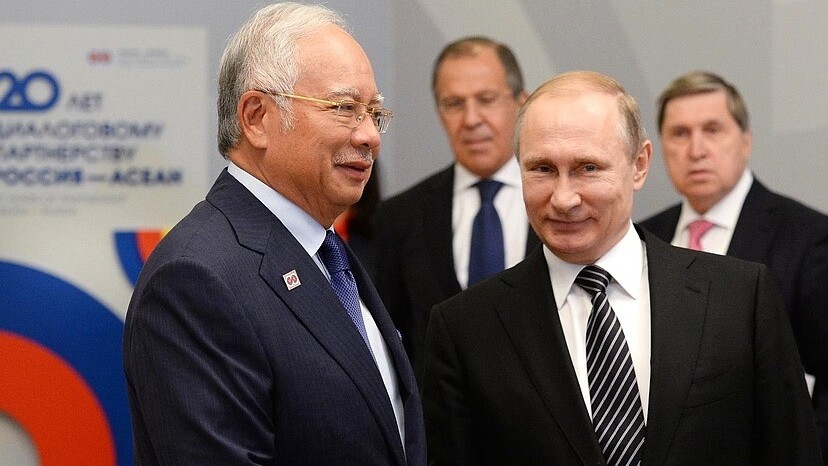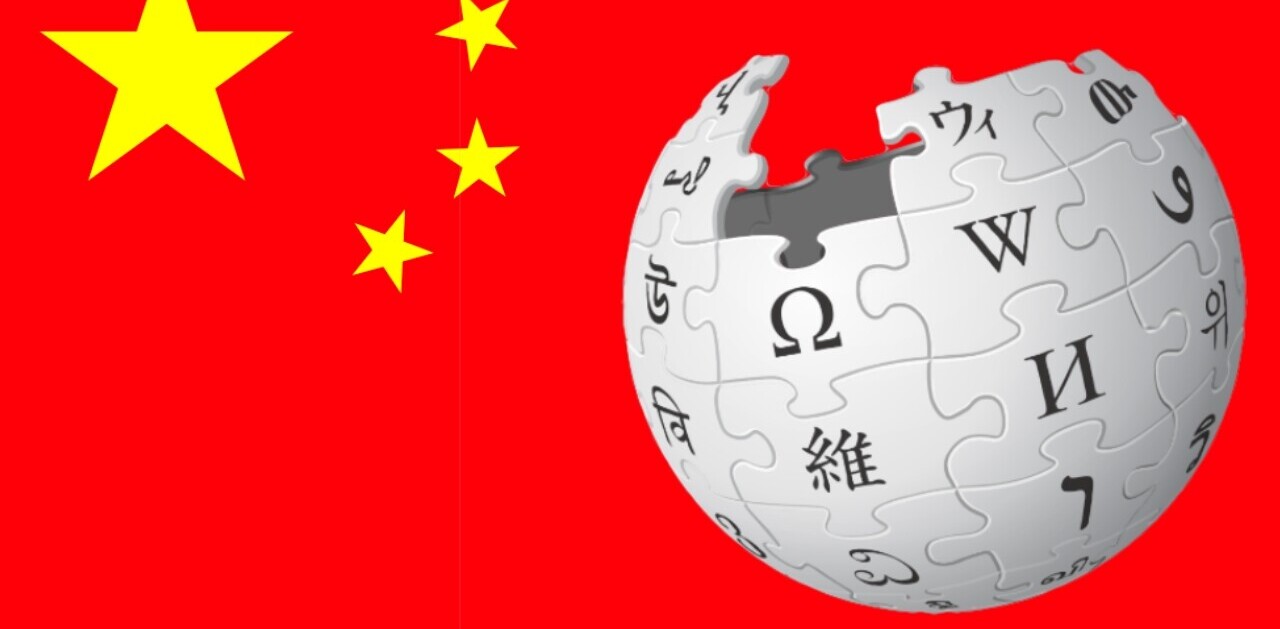Malaysia’s scandal-ridden Prime Minister, Najib Razak, has had it with news he doesn’t like. Facing a hostile election environment after indicating he will dissolve the country’s parliament, he’s successfully urged the government to pass a law making it illegal to publish “fake news.” Offenders could be imprisoned for up to six years.
While critics worry laws like this could infringe upon free speech, the Malaysian government offered the following reassurance: it won’t.
Furthermore, the Malaysian law is reportedly going to take on the entire globe’s fake news problem. According to Reuters:
It covers digital publications and social media and will apply to offenders who maliciously spread “fake news” inside and outside Malaysia, including foreigners, if Malaysia or a Malaysian citizen were affected.
The same report indicates Malaysian authorities will consider articles, videos, and audio clips containing “news, information, data and reports which is or are wholly or partly false” to be punishable under the new law.
Interestingly, at the same time Malaysia is making headlines for its hard-line approach to fake news, India is in the news for quite the opposite. On April 2 the country passed a similar fake news law, but it only lasted one day before the government chose to repeal it due to public backlash.
Democracies — or to be more specific partial democracies — such as Malaysia and the US usually deal with these types of issues in civil courts under perfectly reasonable libel and slander laws. But when the purpose isn’t to prove something is false, but instead to discredit the messenger, legitimate court cases don’t help.
Throughout history dictators have always found ways to silence or discredit the free press in order to further their agenda. And declaring obvious truths to be a lie is one way to galvanize supporters against messages that make them look bad.
When political leaders attack the free press using subversive means, such as suggesting journalists shouldn’t be allowed to protect their sources, it has the potential to erase any message that isn’t state-sponsored.
Remember, don't believe "sources said" by the VERY dishonest media. If they don't name the sources, the sources don't exist.
— Donald J. Trump (@realDonaldTrump) September 30, 2016
An 'extremely credible source' has called my office and told me that @BarackObama's birth certificate is a fraud.
— Donald J. Trump (@realDonaldTrump) August 6, 2012
The Malaysian law, for example, if taken at its letter, would mean it’s illegal to publish an article with a mistake. And that’s ridiculous, we don’t criminalize the mistakes made by surgeons or plumbers. At worst they’re liable for damages in civil suits — unless they’ve done something with obvious criminal intent.
In reality, this law simply gives Razak carte blanche to counter any message he doesn’t like by arresting journalists. And it doesn’t matter if they’re found guilty or not because just arresting them will solve the problem.
It’s becoming increasingly difficult for news publishers to turn a profit, the legal costs alone will make defending the truth an expense nobody can afford. And that’s only good for people who don’t like freedom, because without a free press, the news would always look like this:
How America's largest local TV owner turned its news anchors into soldiers in Trump's war on the media: https://t.co/iLVtKRQycL pic.twitter.com/dMdSGellH3
— Deadspin (@Deadspin) March 31, 2018
The Next Web’s 2018 conference is just a couple months away, and it’ll be ??. Find out all about our tracks here.
Get the TNW newsletter
Get the most important tech news in your inbox each week.





